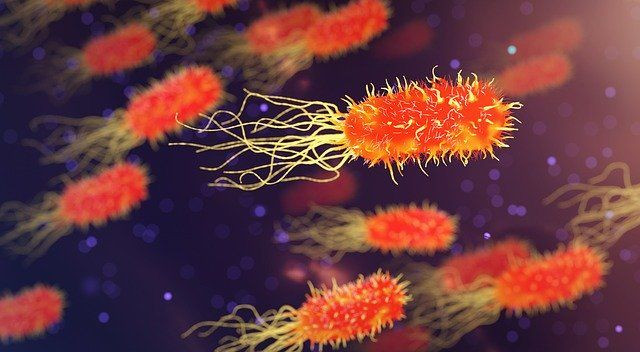Breakthrough Discovery: Antibiotic Kills Multi-Drug Resistant Bacteria With This Unique Approach

KEY POINTS
- The world loses >700,000 lives to antibiotic resistance every year
- The rising resistance to antibiotics is a major national and international concern
- A breakthrough antibiotic kills antibiotic-resistant bacteria
With about 700,000 individuals dying every year, antibiotic resistance is the leading cause of mortality worldwide. Scientists discover a novel group of antibiotics that has a unique approach to kill bacteria, making it a breakthrough discovery in the fight against antibiotic resistance.
The Canadian team of researchers believes that the newly-discovered ‘corbomycin’ could be promising in tackling the growing problem of multi-drug resistance.
How do they work?
Corbomycin alongside complestatin- a lesser-known antibiotic attack bacteria by blocking the function of their cell wall. Scientists have observed this phenomenon for the first time.
Bacteria have a wall around the outside of their cells that gives them shape and is a source of strength. Antibiotics like penicillin kill bacteria by preventing the building of the wall, but the antibiotics that we found actually work by doing the opposite - they prevent the wall from being broken down. This is critical for the cell to divide,” Science Daily quoted the study’s lead investigator Beth Culp, a Ph.D. candidate in biochemistry and biomedical sciences at McMaster. "In order for a cell to grow, it has to divide and expand. If you completely block the breakdown of the wall, it is like it is trapped in a prison, and can't expand or grow," he added.
Both the newly-found antibiotics belong to a family of antibiotics known as glycopeptides which are produced by soil bacteria. Experiments on mice models found that these antibiotics can block infections caused by Staphylococcus aureus which is a drug-resistant bacteria that causes dreadful infections including toxic shock syndrome and blood poisoning.
They have used a cell imaging technique to make this discovery. They opine that their approach can be applied to other antibiotics and that new ones with different mechanisms of action could be discovered. They also highlighted the fact that their new antibiotic can act against several problematic bacteria including MRSA.
The limitation is that the newly discovered antibiotic does not appear to be active against E.coli bacteria which is responsible for thousands of bloodstream infections every year which is also associated with antibiotic resistance. But interestingly, it does work against the bacteria which causes gonorrhea.
© Copyright IBTimes 2025. All rights reserved.






















